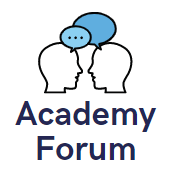
On 20 May, the Learning and Teaching Enhancement Unit were joined by Dr Mary Davies, Stephen Bunbury, Anna Krajewska, and Dr Matthew Jones for their online workshop: Contract Cheating Detection for Markers (Red Flags).
With other colleagues, they form the London South East Academic Integrity Network Contract Cheating Working Group and have been doing essential work and research into the increased use of essay mills and contract cheating.
The session included lots of practical tips for colleagues to help detect the use of Contract Cheating whilst marking.
The resources from the session are available below:
Further information on Unfair Academic Practice is available in the Academic Quality Handbook (see section 10).
Many thanks to the presenters. We’ve had such great external speaker sessions this academic year; take a look at our External Speakers blogposts for further information.








